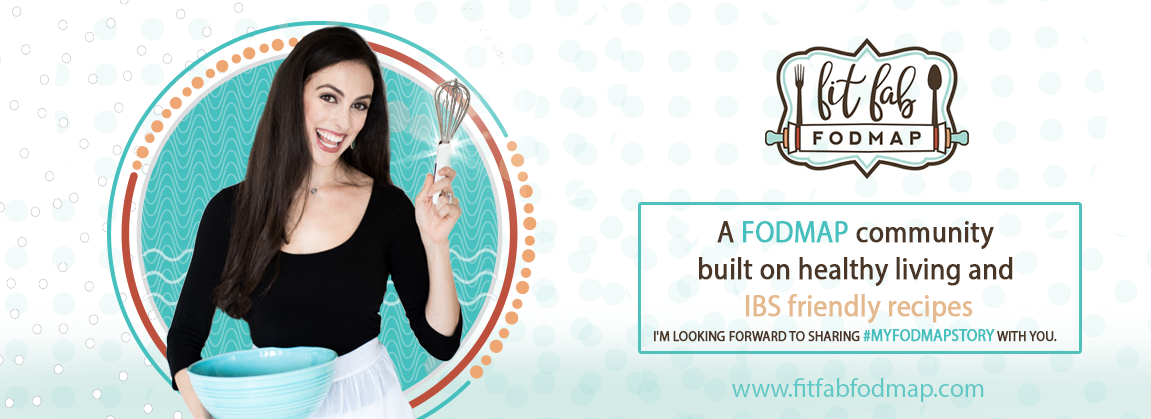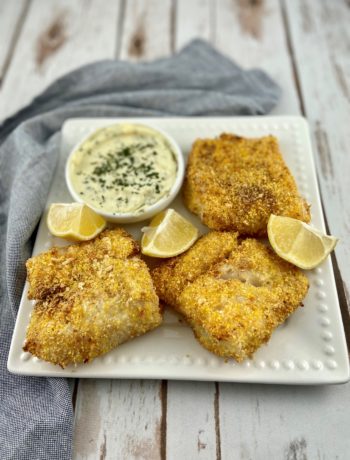To understand the the FODMAP diet you first need to understand what FODMAPs are. These are found in the foods we eat that can be poorly absorbed in the small intestine. This can cause bloating, gas pain, diarrhea and constipation which effects those most often that suffer from Irritable Bowel Syndrome (IBS).
FODMAP is an acronym for Fermentable Oligosaccharides, Disaccharides, Monosaccharides and Polyols.
Simply put, FODMAPs are a group of carbohydrates that are indigestible or poorly absorbed by certain people.
Developed by Monash University researchers, the Low FODMAP DietTM limits foods that have been shown to aggravate the gut and cause Irritable Bowel Syndrome (IBS) symptoms like intestinal bloating, gas and pain. These foods are high in a group of sugars called FODMAPs.
The FODMAP diet has shown to help 76% of people with IBS according to Harvard Medical School or over 50% of patients in a clinical trial by University Michigan Medicine?
I highly recommend working with a dietitian when beginning the FODMAP diet as you will want guidance on the elimination and challenge phase of the plan. At first, it felt more like the “I’m starving diet” because during the Elimination Phase it was hard to figure out what was safe to eat. My go-to’s were no longer okay to eat so finding replacements was hard and frustrating. I leaned on my dietitian during this time to not only keep me motivated but also give suggestions and alternatives of what I could eat. Once I was ready for the Challenge Phase I had to slowly reintroduce each category of FODMAPs one at a time to see what I reacted to. Lucky for me, I reacted to almost everything but over time have been able to add more moderate and high FODMAP foods back in. The goal is not to permanently remove FODMAPs as these foods are typically healthy and good for you but instead abstain from the ones that are a trigger for each. Each person reacts differently depending on the FODMAP type. The silver lining: once I realized what I was able to eat safely, I started noticing my gastrointestinal symptoms reduce majorly.
The low FODMAP diet can seem overwhelming at first but I highly recommend staying positive and educating yourself.
Here are a few links that I found helpful:
A great 3 minute video by Monash that talks about the low FODMAP diet
http://www.med.monash.edu/cecs/gastro/fodmap/
http://shepherdworks.com.au/disease-information/low-fodmap-diet
Please let me know if you have any questions. You got this!
xoxo
Mollie




Marcie weissman
September 3, 2015 at 11:02 pmHi Mollie
I saw your blog because Elina shared it with others on her FB. I am Brian’s mom…Elina’s mom in law!
My husband david has had stomach issues for years and recently his internist gave him the fod map diet papers and said. You might want to try this! Wow! Sooo overwhelming and very difficult esp for a guy to give up all the food & drinks he loves and totally change his eating habits and going out socially as well.
Do you have a nutritionist in Houston that helped you do the elimination process and re introduce challenge also? Appreciate any help you might have…I am trying to convince my hubby to try to make the changes and feel better!
Thank you,
Marcie Weissman
fitfabfodmap.com
September 4, 2015 at 12:10 amHi Marcie! Thank you so much for reaching out. The Fodmap diet isn’t easy at first but once you get the hang of what you can eat/not eat-it gets a lot easier. If you want to send me an email at [email protected] I can send you the information. Tell your hubby, it’s hard especially at first but feeling better makes it SO much more worth it! ~Mollie~
Jennifer
January 9, 2016 at 11:31 pmI just started following you on Instagram and found your website there. I’ve had pretty bad IBS since I was 13-14, which has only become worse since I gave birth in December of 2014. I’ve finally decided to take the plunge and go on the FODMAP diet. Eating healthy is fine with me, what scares me is the start-up cost of buying gluten free and lactose free products. Really excited to start feeling better, though!
fitfabfodmap.com
January 11, 2016 at 12:53 amHi Jennifer, Thank you so much for your post. I have heard of that happening after giving birth and stomach issues becoming even worse. I totally agree with you about the cost of buying gluten free and lactose free products. I primarily stay away from buying those store bought products because 1) they’re expensive 2) high calorie and don’t taste very good. My go-to lactose free & gluten free products would be lactose free milk, GF bread (I order from Breadsrly or buy Udi’s), Oats (use these a ton in baking!), tortilla chips (naturally gluten free), tamari instead of soy sauce, rice, quinoa, GF cheerios. Also I order a bunch of those expensive products at Thrive Market (online health store) or Amazon. Please email me or post any questions! It’s hard but I’ve found having a community makes it so much easier.